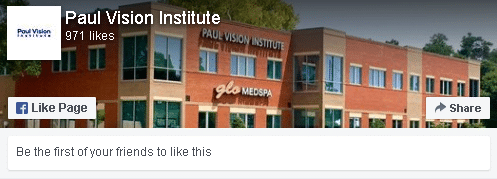How the Retina Works
You rely on your eyes every day, but few people think about how vision actually works, on a purely mechanical level. The mechanism of the eye has been compared to the way a camera works, and, truth be told, that’s not too far from the truth. Specifically, the retina works by converting light into brain signals. It’s all very interesting, as your Wilmington, NC optometrist explains.
A Closer Look at Light and Sight
As light enters your eye, it passes through the cornea and lens, which help focus the light directly onto the retina. Once the light reaches the retina, it triggers specialized cells called photoreceptors. There are two kinds: rods, which handle dim lighting and help with night vision, and cones, which process bright light and allow you to see color and sharp detail.
These cells take in the light, convert it into tiny electrical impulses, and send that information to your brain through the optic nerve. Your brain then assembles those signals into the images you see every day—like reading a sign, watching a movie, or recognizing a familiar face.
Why Retina Care Matters
Because the retina is essential to sight, even small problems can have serious consequences. Conditions like diabetic eye disease, retinal detachment, and macular degeneration can impact how well the retina works.
Be aware that some of these issues develop slowly, while others happen suddenly—but all require timely attention.
Keep Your Vision in Focus
Routine eye exams give your eye doctor the chance to examine your retina and spot early signs of trouble. Blurry vision, flashes of light, or a sudden increase in floaters should never be ignored.
Protecting your retina means protecting your ability to see clearly—not just today, but for years to come. Protect your vision by scheduling an. eye exam in Wilmington, NC today. Many problems with the eyes—including the retina—can be detected early through a simple eye exam.



